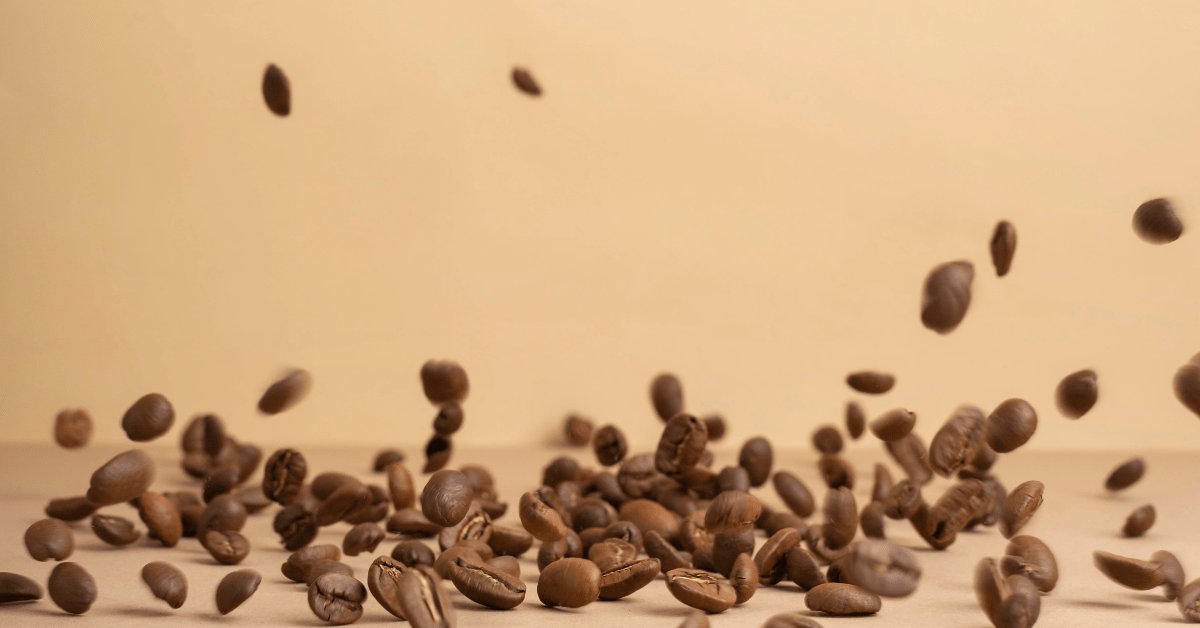If you've ever wondered how much caffeine is in a cup of coffee, the answer isn't as simple as it may seem. The amount of caffeine in a cup varies depending on the type of coffee, the brewing method, and even the type of bean used. At Cafés Granell, we know that every coffee moment counts, which is why we tell you everything about the milligrams of caffeine in a coffee.
Factors That Affect the Amount of Caffeine in Coffee
Type of Bean: Not all beans contain the same amount of caffeine. Robusta beans can have up to twice as much caffeine as Arabica beans, which is the most common variety in specialty coffees.
Brewing Method: An espresso, although concentrated, contains less caffeine per volume than a filtered coffee, but because it is consumed in smaller quantities, its impact can be similar.
Extraction Time: The longer the coffee is in contact with water, the more caffeine is extracted.
Cup Size: A cup of American coffee may contain more milligrams of caffeine than an espresso due to the larger volume of liquid.
Roast Level: Although it may seem otherwise, darker roasts contain less caffeine than lighter roasts. During the extended roasting process, some of the caffeine breaks down.
Amount of Coffee Used: A preparation with more ground coffee will result in a beverage with more caffeine.

Caffeine Content by Type of Coffee
Espresso (30 ml): Approximately 60-75 mg of caffeine.
Filtered Coffee (250 ml): Between 95-200 mg of caffeine.
Instant Coffee (250 ml): Between 30-90 mg of caffeine.
Decaffeinated Coffee (250 ml): Although the name suggests otherwise, it still contains between 2-7 mg of caffeine.
Cold Brew (250 ml): Between 150-250 mg of caffeine, as it is extracted slowly over hours.
How Does Caffeine Affect Our Body? Caffeine is a natural stimulant that acts on the central nervous system, helping to reduce fatigue and increase alertness. Its effect starts between 15 and 45 minutes after ingestion and can last for several hours depending on each person's metabolism.
Some of the benefits of moderate caffeine consumption include:
- Improved physical and mental performance.
- Increased concentration and memory.
- Antioxidant effects that contribute to cellular protection.
- Possible reduction in the risk of neurodegenerative diseases, such as Alzheimer’s and Parkinson’s.
However, excessive consumption can lead to unwanted effects like insomnia, nervousness, or an increased heart rate. Therefore, responsible consumption tailored to each person's needs is recommended.

How Much Caffeine Is Too Much? The European Food Safety Authority (EFSA) recommends not exceeding 400 mg of caffeine per day for a healthy adult, which is approximately 4-5 cups of filtered coffee or 5-6 espressos.
Everyone metabolizes caffeine differently, so it's important to know your tolerance and enjoy coffee in a balanced way. At Cafés Granell, we believe quality is as important as quantity, so choose the coffee that best suits your day and enjoy it with the best possible flavor.

